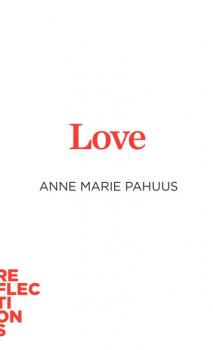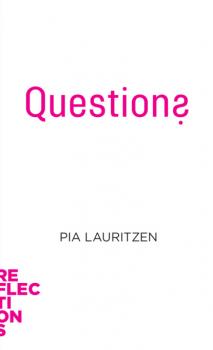Ingram
Все книги издательства IngramMobning
Det er aldrig et barns skyld, hvis det bliver mobbet i skolen. Uanset om det sker i undervisningen, i frikvartererne eller pa de sociale medier. Arsagerne skal findes i fAellesskabet. Derfor ma lAerere se pa kulturen i klassen, nar de vil forebygge og forhindre mobning.
Love
Love is all around. A romantic cliche? No, a fact of human life. Just ask Anne Marie Pahuus, a Danish philosopher at Aarhus University. Love is essentially the closest, most intense relationships we have, for instance with our partners and children. Its wide range of emotions runs from erotic passion to friendship, from delight to torment. Love can conquer all, and it can bring life-long sorrow. Down through the ages – in a variety of guises – love has been the favourite theme of thinkers and artists, as indeed it remains to this day.
Questions
How many questions do we ask each day? Why do we ask them in the first place? Do we always ask because we're trying to learn something? Or are there some questions we don't expect to have answered – and some questions that simply can't be answered at all? What do our questions tell us about ourselves? Do they define who we are? Who asked the world's first question? Can anyone answer all these questions? Is that a stupid question, or is it a really good one? And what does Pia Lauritzen, Aarhus University's questioner-in-chief, think of all of this?
Ansvar
Det er ikke sAerligt pAent at svare igen. Undtagen nar det gAelder ansvar. I lige prAecis det tilfAelde udgor vores svar bogstaveligt talt selve essensen. Det er dog op til os selv at afgore, om vi vil sAette handling bag ordene eller blive svar skyldig. Vi har nemlig frihed under ansvar og kan selv vAelge. Ulrik Nissen, rimelig ansvarsbevidst teolog ved Aarhus Universitet, ved godt, hvilken en af mulighederne han vil anbefale. For vi kan ikke leve sammen uden at leve op til vores ansvar. Men hvilket valg vi trAeffer, skal han jo ikke bestemme. Det er hele meningen med ansvar.









